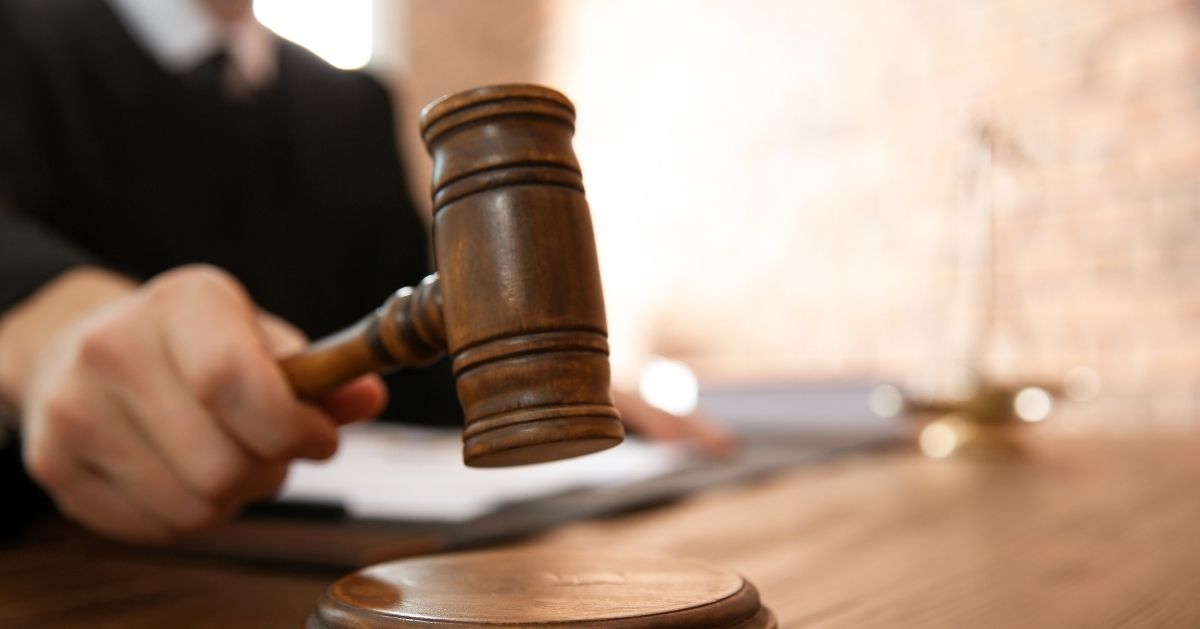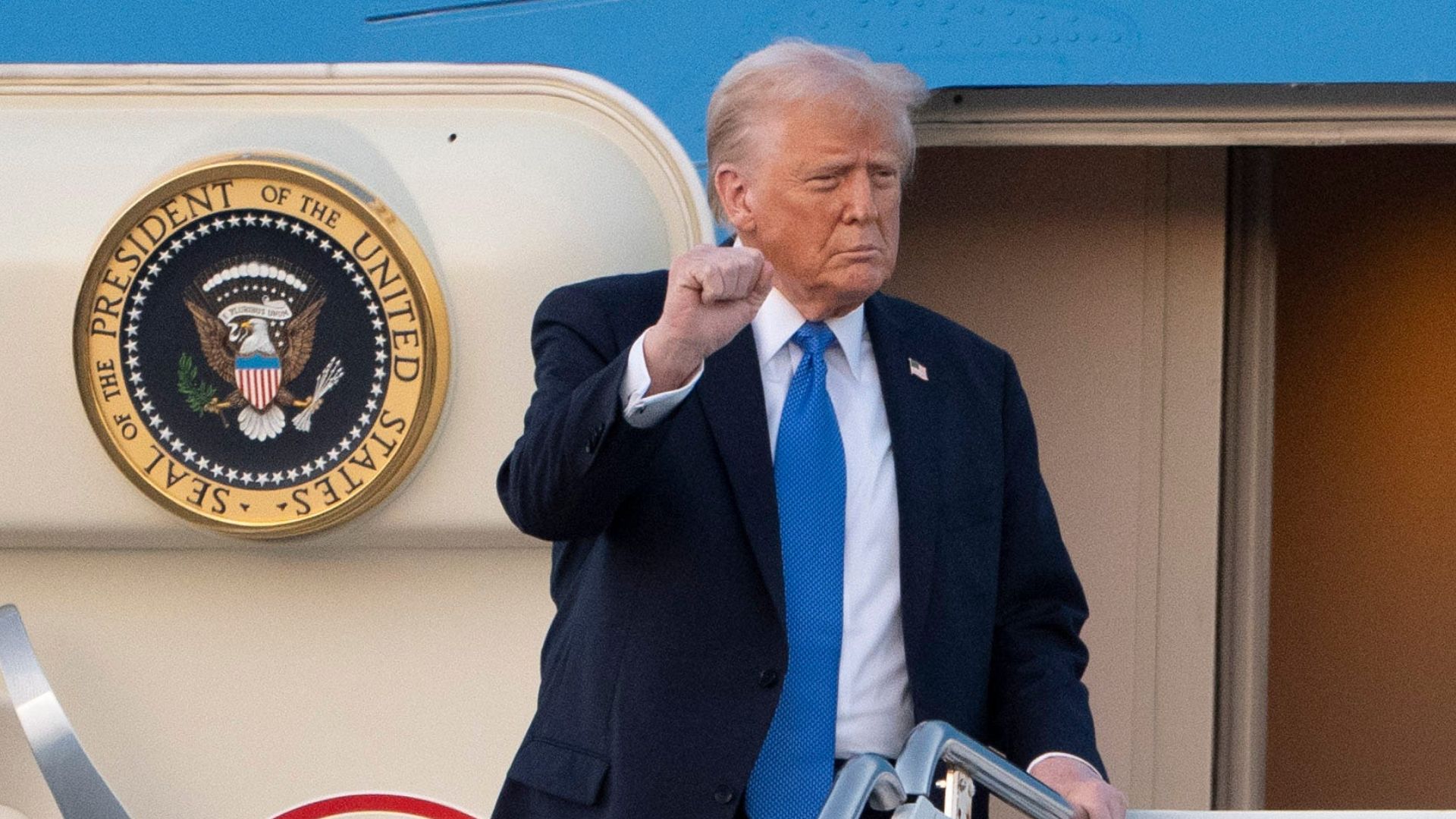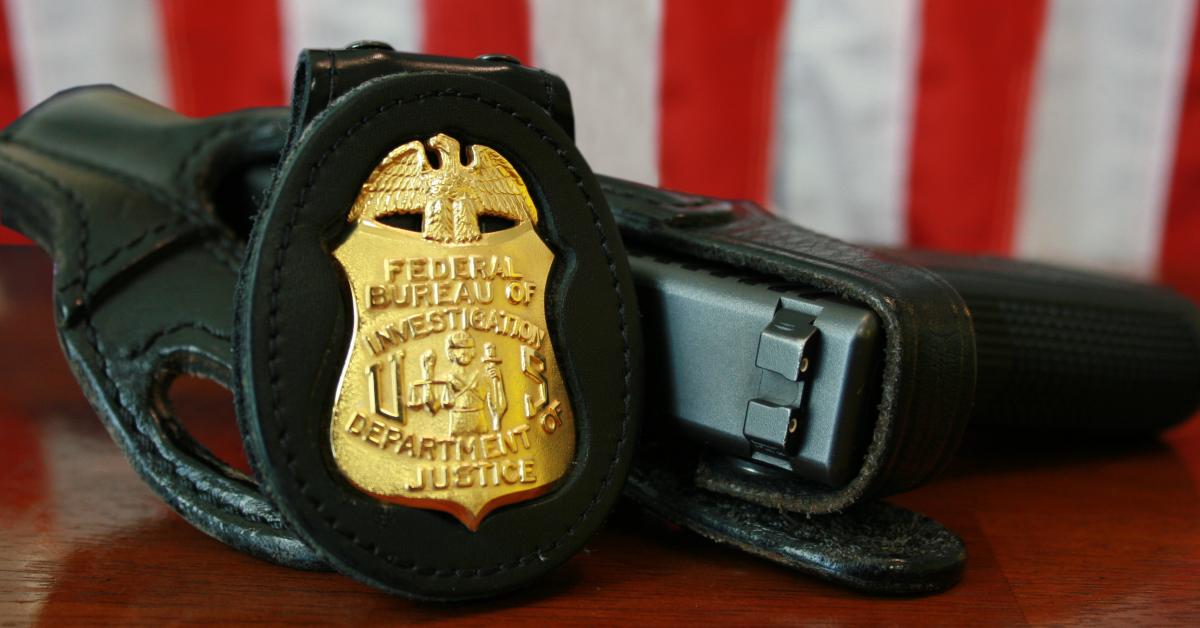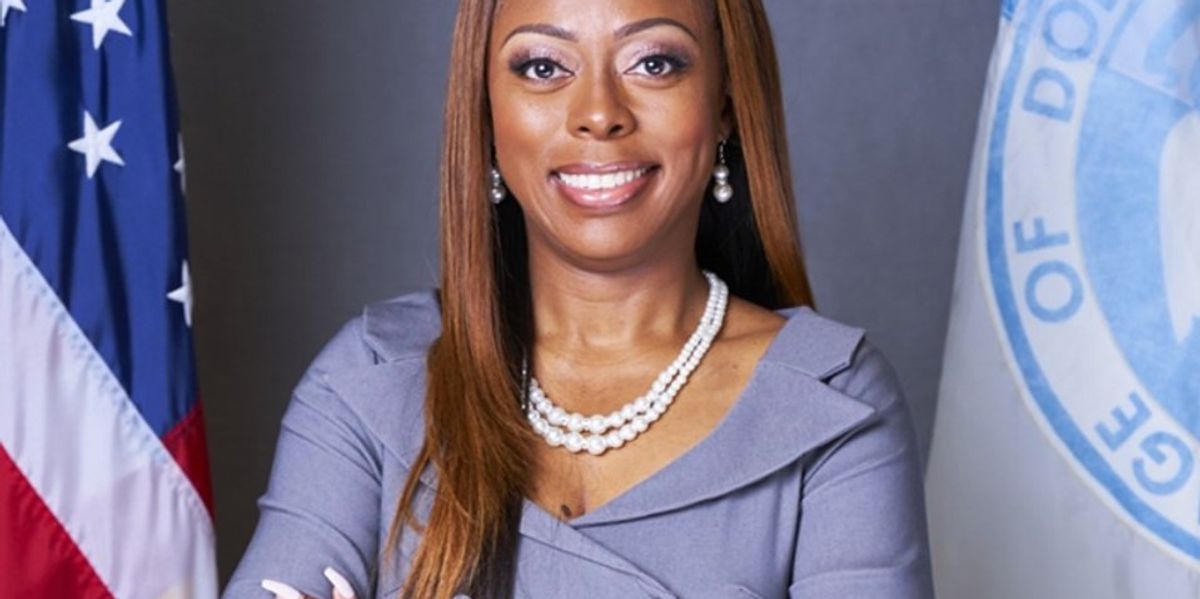In a recent legal battle, Immigration and Customs Enforcement (ICE) found itself at odds with a judge over the release of a detained immigrant, whose controversial case has sparked widespread debate. This individual, a Harvard researcher, was accused of smuggling frog embryos into the U.S., an allegation she and her legal team have vehemently denied. The case underscores the ongoing tension between stricter deportation policies and the judicial system’s role in protecting individual rights.
Defense attorneys for Kseniia Petrova, the researcher in question, have argued that her detention was a grave misunderstanding. “We are gratified that today’s hearing gave us the opportunity to present clear and convincing evidence that Kseniia Petrova was not carrying anything dangerous or unlawful,” stated her attorney, Gregory Romanovsky. He further emphasized that customs officers overstepped their legal authority by revoking her visa.
Petrova, originally from Russia, has been held in a Louisiana detention center for three months after her J-1 nonimmigrant visa was canceled. Her upcoming criminal bail hearing will determine her immediate future, as U.S. District Judge Christina Reiss has already expressed doubts about the legitimacy of her visa revocation. Reiss’s skepticism extends to the prolonged detention without judicial review, suggesting procedural oversights may have occurred.
The decision to release Petrova from custody hinges on the outcomes of her bail hearing in connection with the federal smuggling case. Her defense maintains that the imported materials were vital for her cancer research at Harvard University and did not require a special visa. Despite attempts by reporters to seek comment from federal agencies, the situation remains shrouded in ambiguity.
The release marks another victory for foreign academics caught in legal limbo under the current administration’s immigration stance. This development coincides with the Trump administration’s decision to cut federal funding to Harvard, citing concerns over the institution’s alleged opposition to American values. With foreign students comprising 27% of Harvard’s student body, the administration has signaled potential restrictions reducing that number to 15%.
The implications of Petrova’s case extend beyond her immediate circumstances, touching on broader issues of academic freedom and immigration policy. Harvard, as a leading global institution, finds itself at the center of a political tug-of-war over its admissions and funding policies. The administration’s stance reflects a push to prioritize American students and values in higher education.
Critics argue that such moves could stifle innovation and international collaboration, which have long been hallmarks of American academic institutions. Supporters, however, contend that a recalibration is necessary to ensure that American values remain at the forefront. The unfolding saga of Petrova’s case will undoubtedly continue to attract attention as it navigates the complexities of the U.S. legal and immigration systems.
At its core, the case challenges the balance between national security concerns and the protection of individual rights. It also raises questions about the role of the judiciary in countering what some perceive as overreach by immigration authorities. As the legal proceedings continue, the outcome could set a precedent for how similar cases are handled in the future.
For now, Petrova awaits her next court date, hopeful for a resolution that will allow her to resume her research. Her case is a stark reminder of the intricate web of regulations that foreign scholars must navigate in pursuit of academic excellence in the United States. The legal journey ahead remains uncertain, but the implications are significant for the academic community and beyond.
The broader debate over immigration, academic freedom, and national values persists, with Petrova’s case serving as a focal point. As policymakers grapple with these issues, the world watches closely to see how the U.S. will reconcile its rich tradition of openness with its current political climate. Whether this case will lead to meaningful change or simply fade into the backdrop of ongoing policy debates remains to be seen.
For now, the story of Kseniia Petrova adds another layer to the complex narrative of immigration and academia in America. Her plight has resonated with many who see her as emblematic of the challenges faced by foreign scholars. As the legal process unfolds, the spotlight remains on the intersection of law, policy, and individual rights.
Ultimately, the resolution of Petrova’s case could have far-reaching consequences for universities and foreign students alike. It serves as a reminder of the delicate balance between safeguarding national interests and upholding the principles of justice and fairness. As the case progresses, it is likely to continue drawing attention from both national and international audiences.
In the meantime, Petrova and her legal team remain steadfast in their fight for justice. Her story is a testament to the resilience of individuals caught in the crossfire of political and legal battles. As her case unfolds, it will undoubtedly contribute to the ongoing dialogue about immigration and academic freedom in the United States.



